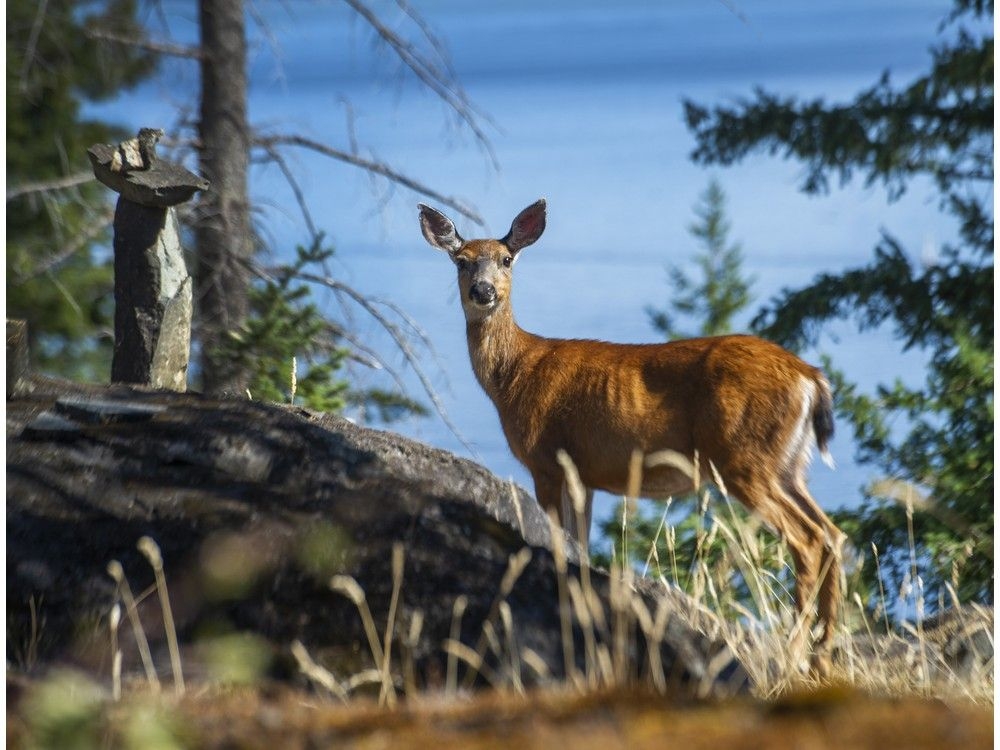A chilling discovery has wildlife officials on high alert. A deer, harvested by a hunter in the Okanagan region, has tested positive for a possible case of chronic wasting disease – a devastating and always-fatal neurological condition.
Initial tests conducted by a provincial laboratory on a male white-tailed deer found east of Enderby suggest the presence of the disease. While not yet confirmed, this potential case marks a significant shift, representing the first suspected instance outside of the previously established management zone in the Kootenay region.
The Canadian Food Inspection Agency will now conduct conclusive testing, with results anticipated in early December. This confirmation will be critical in determining the extent of the threat and shaping future response strategies.

Chronic wasting disease, while not transmissible to humans, poses a grave danger to deer, elk, and moose populations. Consuming meat from an infected animal is strongly discouraged, as the disease relentlessly attacks the nervous system.
This potential Okanagan case follows six confirmed instances of chronic wasting disease within British Columbia since 2024, all previously concentrated in the Kootenay region. The spread beyond this area raises serious concerns about the disease’s potential to establish itself across a wider geographic range.
Authorities are actively urging hunters to participate in the province’s ongoing mitigation program by submitting samples from harvested deer, elk, and moose. This collaborative effort is vital for tracking the disease’s progression and implementing effective control measures.
Proactive steps are already underway, including the removal and testing of urban deer in Cranbrook and Kimberley, mandatory testing within the Kootenay region, and restrictions on carcass transportation. These measures aim to contain the disease and prevent further spread.
A dedicated incident management team, comprised of provincial and First Nation partners, has been assembled under the guidance of the provincial wildlife veterinarian. This team is preparing for all possible outcomes pending the CFIA’s final test results, ensuring a swift and coordinated response.





